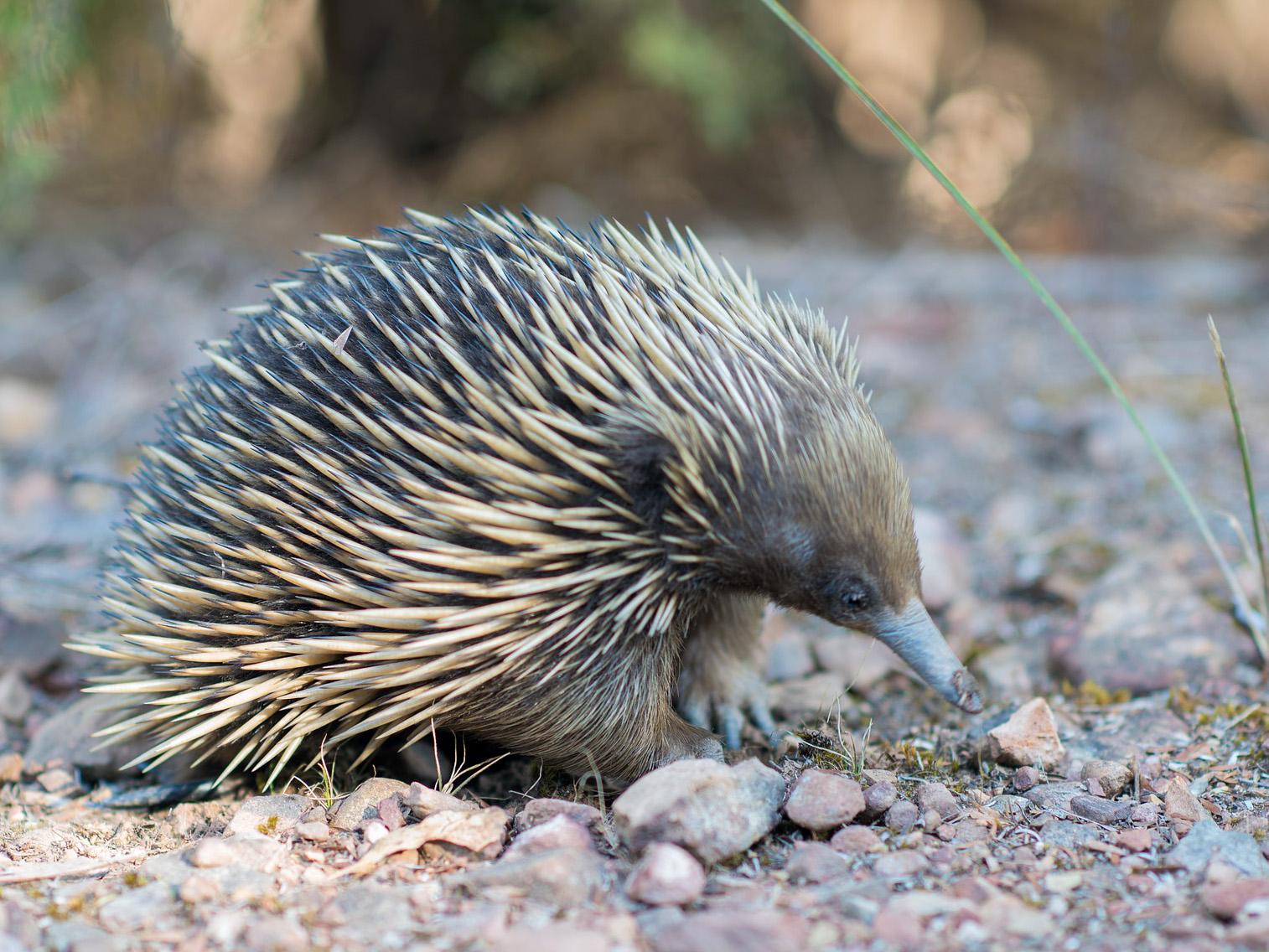Echidna biology for conservation, wildlife management & habitat monitoring

This project investigates the molecular basis of echidna biology for application in conservation, wildlife management and habitat monitoring.
The iconic short-beaked echidna belongs to the extraordinary order of egg-laying mammals which are an integral part of the most diverse habitats all over Australia including urban, agricultural and revegetated areas. Their wide distribution and ability to adapt to diverse environments makes echidnas a key indicator species of environmental change, habitat degradation and fragmentation.
Many aspects of echidna biology are still being explored and documented. Tools generated from the studies of the planets oldest surviving mammal provide sound assessment and monitoring techniques to address important issues regarding echidna conservation management.
Understanding this species biology and ecology will further our insight into climate change adaptation and new technological advances are providing the additional necessary knowledge base.
In this project we aim to bring together interdisciplinary research groups to tackle important questions in echidna biology and to apply this research to conservation management, breeding strategies and climate change adaptations.
The comparison of genetic diversity, diet, immune system and reproduction in different wild and captive populations will establish a novel knowledge base to reveal the molecular basis of echidna biology and inform conservation and management strategies.
Study genetics, monotreme genomics, evolution and conservation
Our research interest is to understand how genes and genomes have evolved different function and organisation.
We are using species that occupy key evolutionary positions such as monotremes (platypus and echidna) and birds (predominately chicken).
Areas we work in include sex determination, sex chromosome organisation and the evolution of monoallelic gene expression.
We also collaborate with industry partners to develop genetic and genomic application in conservation biology and human disease.

Supervisors
Research area: Genetics, monotreme genomics, evolution and conservation
Recommended honours enrolment: Honours in Molecular and Biomedical Science
